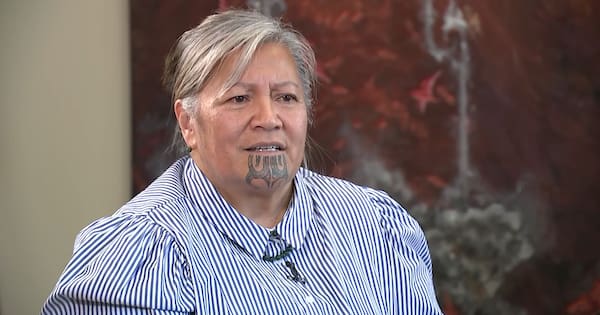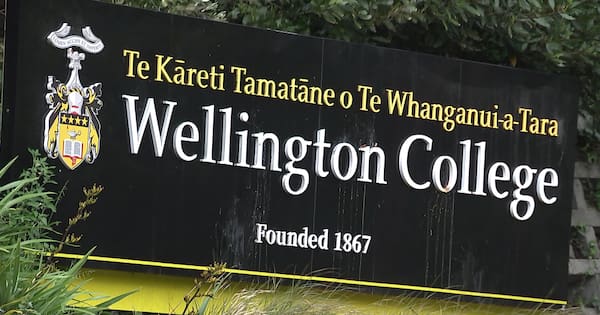The director of the Vatican’s astronomical observatory has talked up the value of “dark-sky” sanctuaries, ahead of a trip to visit to a sanctuary near Lake Tekapo.
The Aoraki Mackenzie International Dark Sky Reserve, which ranges across the lower South Island, is one of five dark sky sanctuaries in New Zealand, and when it was designated as an official dark sky sanctuary in 2012 it was the largest in the world.
Brother Guy Consolmagno was in New Zealand for a series of lectures, public engagements, and astronomical work, and he sat down for an interview with Q+A.
A practising Jesuit, Brother Guy said dark sky sanctuaries were “incredibly important”.
He referenced a comment from a homily by Pope Benedict, who said “we humans can create light that blinds us to God’s light.”
“And that’s what light pollution does. It robs everyone around you from being able to see the glorious sky around you, the sky that can give you a sense of perspective, that can be consoling, or a little bit frightening, depending on where you are or what you’re doing.” said Brother Guy.
“It’s glorious, it’s remarkable, and it’s something that everybody should be able to do. I’m reminded of the old song – they took all the trees and put them in a tree museum. It’s a shame they had to take all the stars and put them in a star museum.”
Brother Guy said there was “no reason” why truly dark skies would not be possible in Auckland and Wellington as well.
“If you just had sensible lighting that puts the light down where you’re walking, and stops putting the light up in the sky where it’s not doing any good.”
Dark sky sanctuaries are considered important not just for astronomers, but also for nocturnal animals and insects, who are often highly sensitive to artificial light.
Brother Guy took his vows to join the Jesuit Order in 1991, at which point he began working for the Vatican Observatory. He had previously worked for NASA, along with prestigious US universities like MIT and Harvard, and said the mission of the Vatican Observatory was very simple — “do good science”.
For the full interview, watch the video above
Q+A with Jack Tame is made with the support of New Zealand On Air









